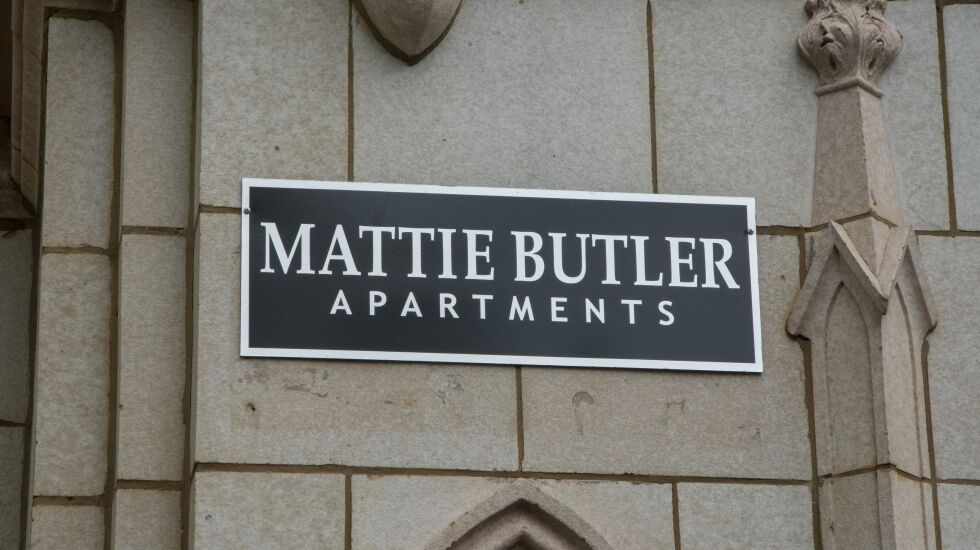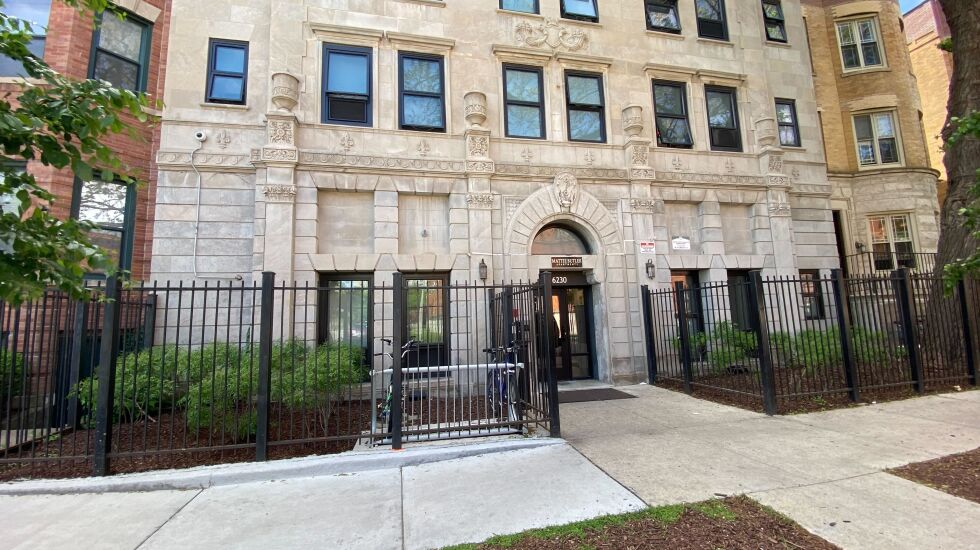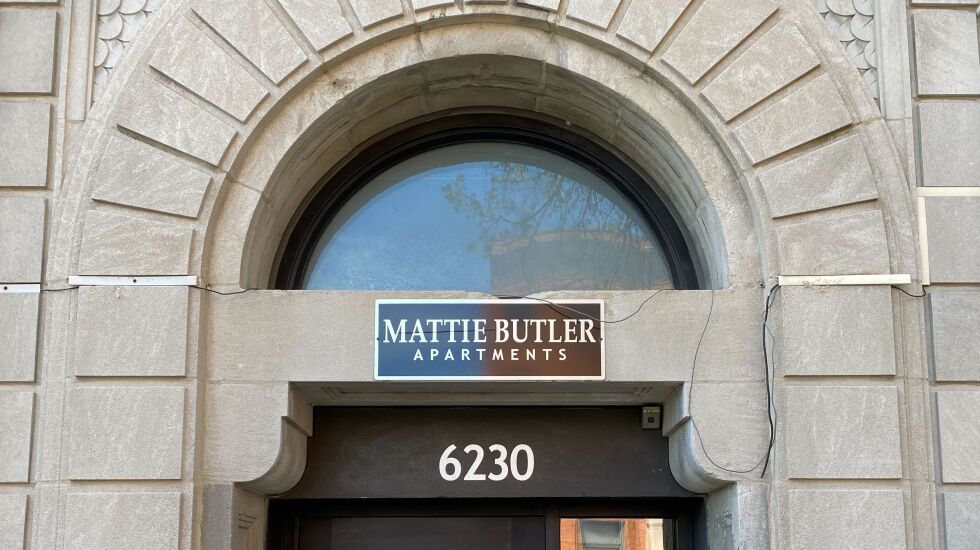
Mattie Butler and her four siblings, the grandchildren of sharecroppers, grew up in Cabrini-Green.
By 19, she had worked in several positions with the YMCA. But in her 20’s, Butler’s brother, the blues singer (and later Cook County commissioner) Jerry “The Iceman” Butler, persuaded her to go on the road with him as his background singer.
For years, the siblings performed across the country. Eventually, Jerry Butler purchased a home in Woodlawn for the whole family. There, Mattie Butler would settle down to raise her daughter, Venus Scott.
One night in 1980, a fire broke out nearby. Scott was just a teenager at the time. She said 10 children she had grown up with in the neighborhood died in the fire. Investigations revealed it was arson.
“My mother and several other residents in the community decided that this would never happen again in their community on their watch,” said Scott.
That’s what led Butler to create Woodlawn East Community and Neighbors. The organization, known as WECAN, addressed prevalent community issues. It developed affordable housing, organized drug and delinquency prevention programs, and started a food pantry, among other projects.
Now, Butler’s dedication to the Woodlawn community is immortalized at the Mattie Butler Apartments, two buildings (6146 S. Kenwood Ave. and 6230 S. Dorchester Ave.) named after her in a ceremony Thursday.
Butler and her daughter were at the ceremony, in the Kenwood Avenue building’s community room, joined by Mayor Lori Lightfoot, U.S. Rep. Bobby Rush, D-Ill., and others.
“I am humbled by the fact that someone would recognize the work that I did in this community,” said Butler, 79. “I am so humbled to be in the presence of all my neighbors and friends. You all have really made my day complete. I am humbled by the fact that I’m still here, that I’m able to say I’m humbled. And I am so pleased to be seen. I am so proud to be seen.”

The two buildings were built in the 1920s as hotels, said Bill Eager, senior vice president of Preservation of Affordable Housing, also known as POAH. WECAN bought them in the 1990s.
In 2017, WECAN sold the buildings to the preservation group with the understanding that they would be renovated and remain affordable.
POAH recently completed upgrades on both buildings, which took more than a year. That included enhanced social and behavioral services for residents. The work was funded in part through Low Income Housing Tax Credits and other financial support from city, state, and federal agencies.
Kitchens in all 106 units were updated, as were bathrooms, flooring and air conditioning, Eager said. Outside, both buildings had roof work done, and windows replaced.
“They really needed them,” Eager said of the renovations, which took more than a year.
Eager said POAH received rental assistance from the Chicago Housing Authority and the federal department of Housing and Urban Development to keep apartments affordable even during repairs.
“Even though the people who live in those units pay very little, we collect market rate rents, which meant that we could finance more repairs,” he explained.

Tracey Scott, CHA CEO, said the organization now supports 52 vouchers for the buildings, up from 34. That amounts to about $11 million, which will ensure long-term affordable housing for the next 20 years.
At Thursday’s dedication ceremony, Butler was praised by the politicians, her daughter and residents, who also gave her flowers.
“It’s humbling and I’m proud because she’s able to see so many people that appreciate what she has done and to give those accolades to her while she’s still here,” said Venus Scott.
Rush compared Butler to some of the most prominent Black women activists in U.S. history.
“When I think of Mattie, I think of Harriet Tubman,” said Rush. “She knew the way. She had the heart and courage to lead the way. I think of Sojourner Truth. Sojourner Truth had a remarkable understanding of what it would take to uplift a people in a country that hated them. When I think of Mattie Butler, I think of Ida B. Wells, who fought the good fight.”
Cheyanne M. Daniels is a staff reporter at the Chicago Sun-Times via Report for America, a not-for-profit journalism program that aims to bolster the paper’s coverage of communities on the South and West sides.








